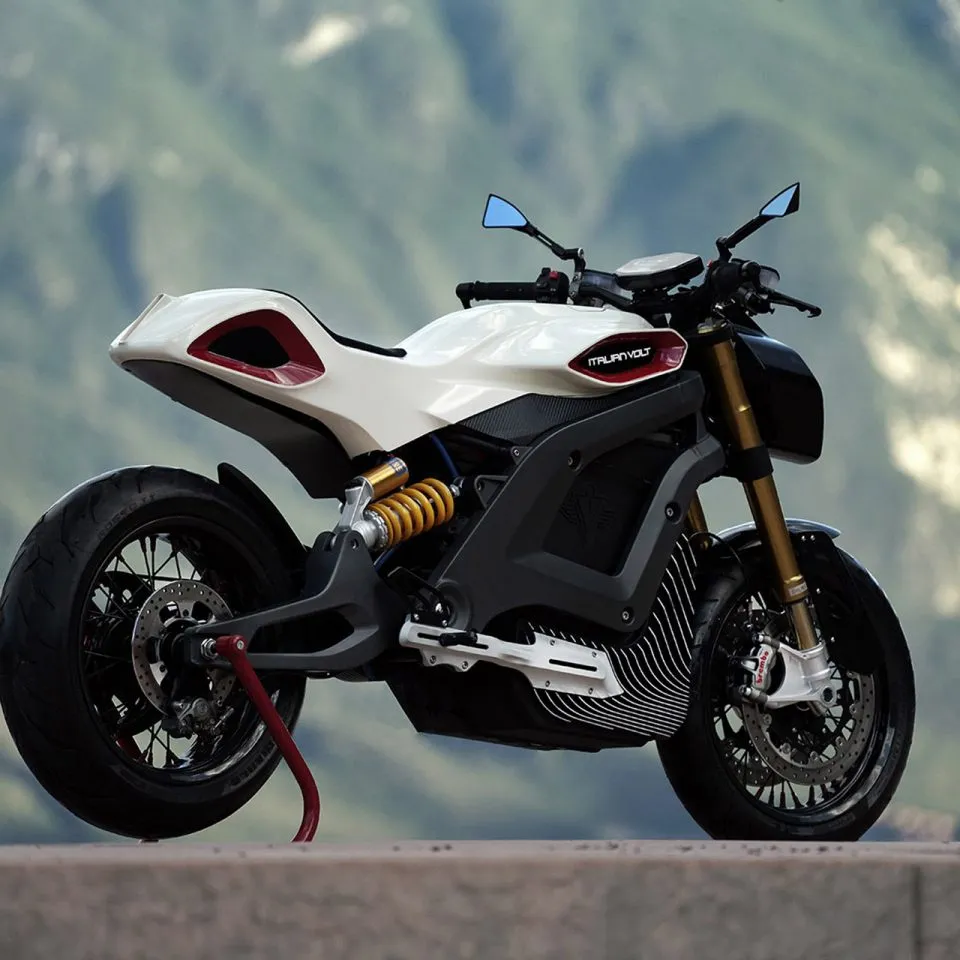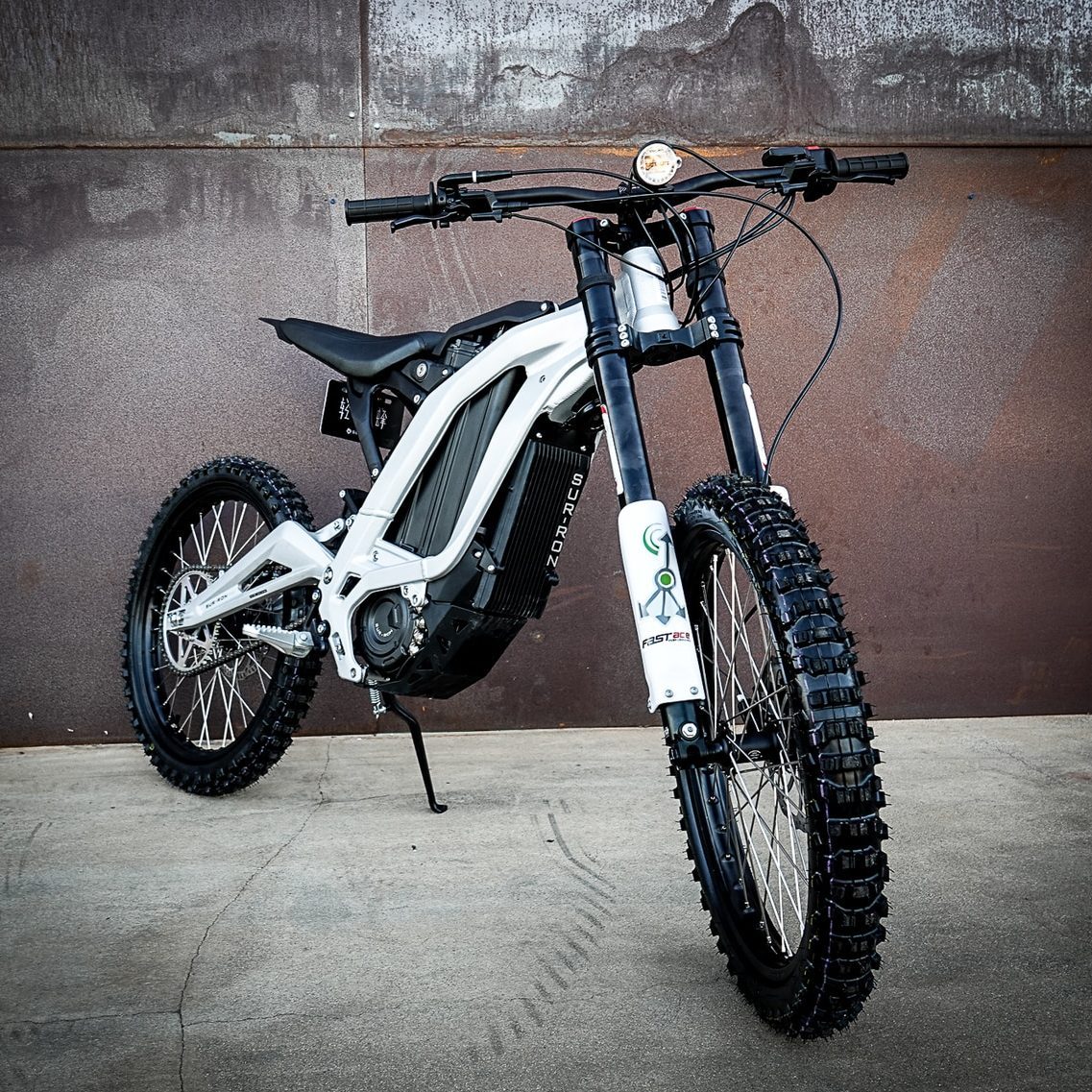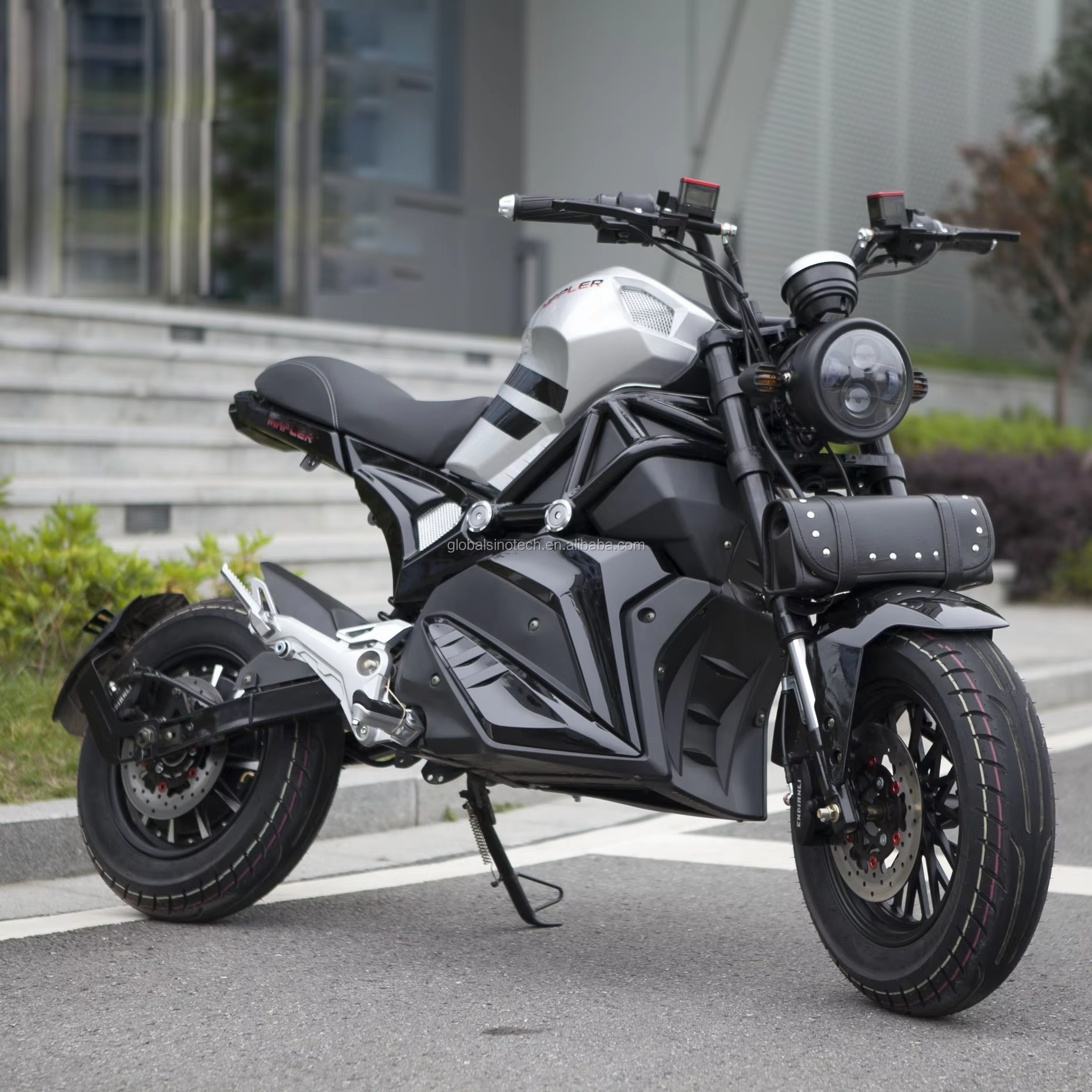With the rise of environmentally friendly transportation, two popular modes of electric vehicles have emerged: eBikes and electric motorcycles. Each has its unique attributes, making them appealing based on individual needs, lifestyle, and preferences. This article will delve deep into the nuances of ebikes vs electric motorcycles, exploring their design, functionality, performance, advantages, and disadvantages.
Understanding eBikes
What is an eBike?
An eBike, or electric bicycle, blends traditional bicycle mechanics with an electric motor. Designed primarily for commuting, recreational riding, and short city trips, eBikes serve as a perfect middle ground for those who want to pedal while receiving some supplemental assistance. The motor can either be pedal-assist, where the rider must be pedaling to engage the motor, or throttle-controlled, allowing the rider to go without pedaling.
Key Features of eBikes
- Motor Power: Generally, eBikes have motors rated between 250W to 750W. This lower power output is designed for city commuting and recreational use rather than high-speed travel.
- Battery: Most eBikes come with lithium-ion batteries that offer a decent range, usually between 20-50 miles on a single charge, depending on factors such as terrain and assist levels.
- Speed: eBikes typically have a speed limit of around 20 mph for pedal-assist (28 mph for Class 3 eBikes). This makes them suitable for riding on bike paths and city streets.
Advantages of eBikes
- Affordability: Generally, eBikes tend to be significantly cheaper than electric motorcycles, making them more accessible to a broader audience.
- Ease of Use: They are easy to ride and often lighter than electric motorcycles, allowing for a more effortless commute and better portability.
- Health Benefits: Riders can take advantage of the pedal-assist features to maintain physical fitness while enjoying a fun ride.
- Eco-Friendly: eBikes produce zero emissions and consume less energy than electric motorcycles, making them a great choice for environmentally conscious individuals.
Disadvantages of eBikes
- Limited Range and Speed: eBikes typically have a lower range and speed compared to electric motorcycles, making them less suitable for long-distance travel.
- Less Protection: eBike riders often have minimal protection compared to those on electric motorcycles, exposing them to wind and weather conditions.
Understanding Electric Motorcycles
What is an Electric Motorcycle?
Electric motorcycles are vehicles designed primarily for performance and speed, operating solely on electric power. With a more powerful motor and advanced engineering, electric motorcycles provide a motorcycle-like riding experience but with the advantage of zero emissions. They often have capabilities comparable to traditional motorcycles, making them suitable for longer journeys and thrilling rides.
Key Features of Electric Motorcycles
- Motor Power: Electric motorcycles typically feature motors ranging from 10kW to 100kW or more, allowing for high-speed performance that can rival gas-powered bikes.
- Battery: The batteries in electric motorcycles are larger, usually providing a range of 70-200 miles per charge, depending on the model.
- Speed: Many electric motorcycles can achieve speeds exceeding 100 mph, making them more suitable for highway travel and thrilling adventures.
Advantages of Electric Motorcycles
- High Performance: Electric motorcycles provide faster acceleration, higher top speeds, and better overall performance compared to eBikes.
- Longer Range: With their larger battery size, electric motorcycles can cover more distance before needing to recharge, making them practical for longer rides or commutes.
- Enhanced Safety Features: Electric motorcycles often come equipped with features like ABS, traction control, and larger frames for better stability and protection.
Disadvantages of Electric Motorcycles
- Cost: Electric motorcycles generally come with a higher price tag than eBikes, which can be a barrier for many potential purchasers.
- Weight: They are heavier than eBikes, making them more challenging to maneuver, especially at low speeds and when parking.
- Complexity: The learning curve can be steeper for new riders unfamiliar with motorcycle dynamics, making eBikes a better option for beginners.
Performance Comparison
Speed and Acceleration
When examining ebikes vs electric motorcycles in terms of speed and acceleration, it’s clear that electric motorcycles take the lead. While eBikes are regulated for urban commuting, electric motorcycles often deliver high-speed thrills on highways. Motorcycles can reach impressive speeds in short amounts of time, making them ideal for adventurous riders.
Range and Battery Life
In terms of battery life, electric motorcycles typically far exceed eBikes. A range of 70-200 miles is common for electric motorcycles, while eBikes generally manage around 20-50 miles per charge. This difference is a significant factor for those who plan on extended rides or commutes.
Weight and Handling
Weight plays a crucial role in the handling of both vehicles. eBikes are generally lighter, providing ease of handling and allowing for agile navigation through urban environments. Electric motorcycles can be heavier, which may necessitate more skill to maneuver, particularly in narrow streets or during parking situations.
Safety Considerations
Crash Safety
When assessing ebikes vs electric motorcycles from a safety perspective, it’s crucial to consider crash statistics and protective gear. While helmet laws vary by location, both riders should wear protective gear. Electric motorcycles allow for more advanced safety features, such as ABS and enhanced braking systems, that are less common on eBikes.
Visibility and Awareness
Electric motorcycles are larger and more visible on the road compared to eBikes. This can play a significant role in how other drivers perceive and respond to your presence. Conversely, eBike riders can benefit from being able to use bike lanes and shared paths, though they may still face risks on busy roads.
Maintenance and Upkeep
eBike Maintenance
eBikes require less extensive maintenance compared to electric motorcycles. Basic care might include:
- Regular tire inflation and replacement
- Chain lubrication
- Brake adjustment
- Battery care, which includes proper charging and storage
Electric Motorcycle Maintenance
Electric motorcycles require more steps in their maintenance regime due to their more complex systems. Typical upkeep could involve:
- Regular checks for electrical components
- Tire and brake system inspections
- Routine battery management, especially for longevity
- Software updates, which may be necessary for performance enhancements
Cost of Ownership
The overall cost of ownership plays a significant role in the ebike vs electric motorcycle discussion. eBikes generally have lower maintenance costs and initial prices. However, electric motorcycles present a higher purchase price and ongoing upkeep but may provide a better performance return for serious riders.
Environmental Impact
Sustainability
Both eBikes and electric motorcycles are considered more sustainable alternatives to gasoline-powered vehicles. They both emit no harmful emissions during operation, but eBikes occupy an advantageous position in terms of energy consumption. An eBike typically consumes less energy per mile compared to an electric motorcycle, making it the more sustainable choice for eco-conscious consumers.
Manufacturing Footprint
It’s vital to consider the entire lifecycle impact, including manufacturing. The production of electric motorcycles often entails greater resource use and energy consumption compared to eBikes. Therefore, eBikes have a smaller carbon footprint during the manufacturing phase and through their operational use.
 Choosing the Right Vehicle For You
Choosing the Right Vehicle For You
Lifestyle Considerations
When it comes to choosing between an eBike and an electric motorcycle, consider your lifestyle. Riders who wish to commute locally and maintain an active lifestyle may gravitate toward eBikes for their versatility and ease of use. Those who are thrill-seekers wanting longer rides and higher speeds may find electric motorcycles align better with their lifestyle.
Budget and Affordability
Evaluate your budget and financing options, as electric motorcycles typically come at a higher cost. If affordability is a priority, eBikes present a viable, cost-effective mode of transportation.
Usage
If you’re considering daily commuting, eBikes can easily navigate urban landscapes and bike paths, making them a practical choice. Conversely, if you’re planning on weekend trips or extensive travel, an electric motorcycle could provide the performance and range needed for your adventures.
Conclusion
In summary, your choice between an eBike and an electric motorcycle will largely depend on personal preferences, lifestyle, and budget. While eBikes offer affordability, ease of use, and health benefits, electric motorcycles deliver performance, speed, and longer ranges, making them suitable for those looking for an exciting ride. Ultimately, the ebike vs electric motorcycle debate will come down to your specific needs as a rider, but both options present incredible advancements in sustainable transportation. Embrace the future of electric mobility, whichever route you choose!


